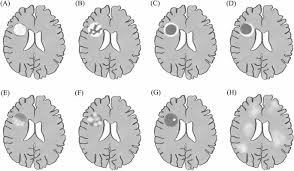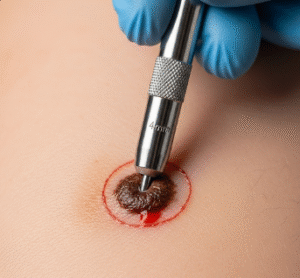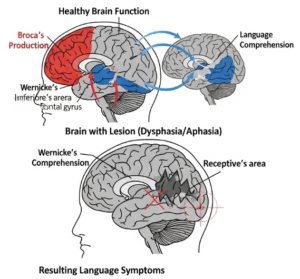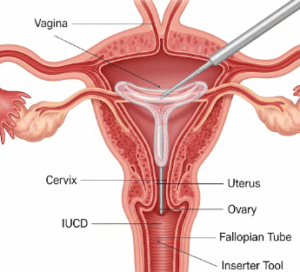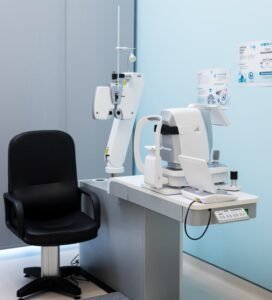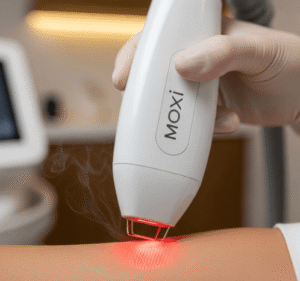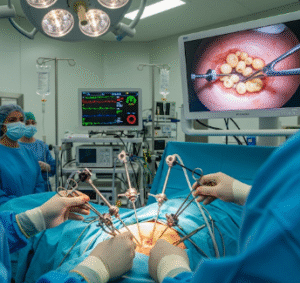Overview
Demyelinating diseases are a group of disorders that damage the myelin sheath—the protective covering of nerve fibers—leading to impaired nerve signal transmission. These conditions can result in neurological deficits, disability, and reduced quality of life. In Korea, hospitals like Seoul National University Hospital, Asan Medical Center, and Samsung Medical Center provide specialized neurology services, including diagnosis, treatment, and rehabilitation for patients with demyelinating diseases.
What is Demyelinating Disease?
Demyelinating diseases involve damage or loss of myelin, which slows or blocks nerve impulses in the central or peripheral nervous system. The most common demyelinating disease is multiple sclerosis (MS), but others include neuromyelitis optica (NMO) and acute disseminated encephalomyelitis (ADEM). These diseases can affect people of all ages but are more prevalent in young adults, particularly women.
Symptoms
- Numbness or tingling in limbs
- Weakness or loss of coordination
- Vision problems, including double vision or optic neuritis
- Balance and gait disturbances
- Fatigue and cognitive impairment
- Muscle spasms or stiffness
- Bladder or bowel dysfunction
Causes
- Autoimmune response attacking the myelin sheath
- Genetic susceptibility and family history
- Environmental factors such as viral infections
- In some cases, triggers may include vaccination or other immune system challenges
Risk Factors
- Age 20–40 years (common onset for MS)
- Female gender (higher prevalence in MS)
- Family history of demyelinating diseases
- Geographic and environmental factors (higher prevalence in certain regions)
- Previous viral infections
Complications
- Permanent neurological deficits
- Chronic pain and spasticity
- Mobility issues and risk of falls
- Bladder, bowel, or sexual dysfunction
- Cognitive decline and memory impairment
- Reduced independence and quality of life
Prevention
- No definitive prevention, but risk reduction may include:
- Maintaining a healthy immune system
- Adequate vitamin D levels and sun exposure
- Prompt treatment of infections
- Healthy lifestyle, including exercise and balanced nutrition
- Regular medical check-ups for early detection
Treatment Options in Korea
Treatment focuses on slowing disease progression, managing symptoms, and rehabilitation.
- Diagnosis
- MRI to detect demyelinating lesions in the CNS
- Lumbar puncture to examine cerebrospinal fluid
- Blood tests to rule out infections or autoimmune conditions
- Evoked potential tests to assess nerve function
- Medical Treatments
- Disease-modifying therapies (interferon-beta, glatiramer acetate, fingolimod)
- Corticosteroids for acute relapses
- Immunosuppressive therapy in severe cases (e.g., NMO)
- Symptomatic treatment for pain, spasticity, and bladder issues
- Supportive Care & Rehabilitation
- Physical therapy for mobility and balance
- Occupational therapy for daily living skills
- Speech therapy if communication is affected
- Cognitive therapy and counseling
- Patient and caregiver education
- Specialized Hospitals in Korea
- Seoul National University Hospital – Multiple sclerosis and neuroimmunology center
- Asan Medical Center – Advanced neurology and rehabilitation services
- Samsung Medical Center – Comprehensive care for demyelinating disorders
- Local clinics and rehabilitation centers for ongoing therapy
- Long-Term Follow-Up
- Regular MRI and neurological assessments
- Monitoring for treatment side effects and disease progression
- Adjustment of medications as needed
- Continuous rehabilitation and supportive therapy
- Support groups and patient education programs

